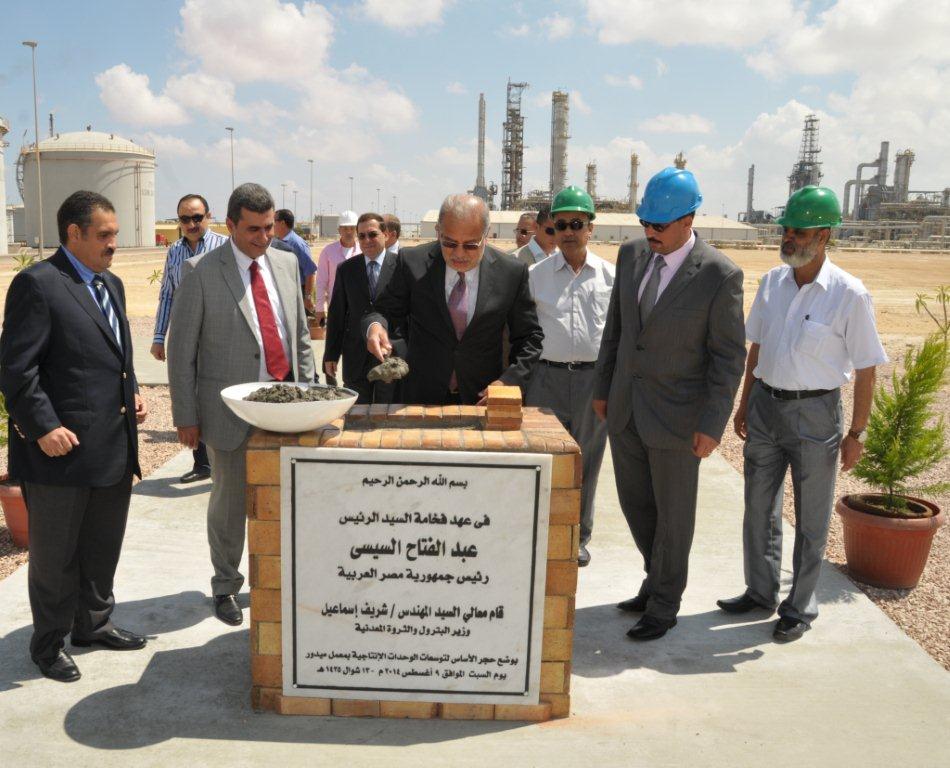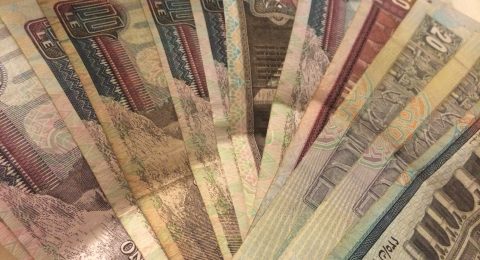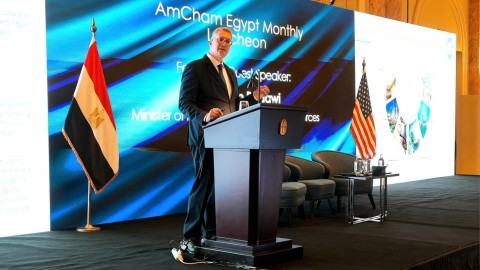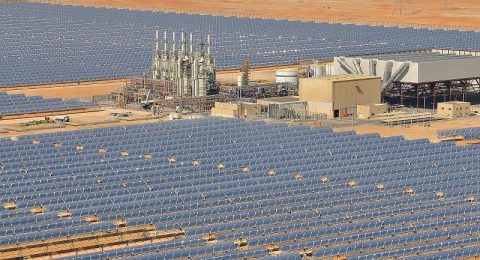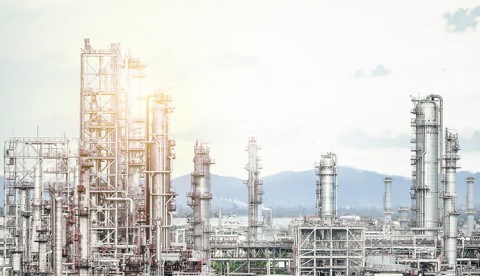Sherif Ismail, Minister of Petroleum and Mineral Resources, headed the proceedings of (Middle East Oil Refinery) MIDOR’s General Assembly to endorse its 2014 results. Also present was EGPC head Tariq El-Molla and Abel Fattah Abdulaziz Undersecretary of the Accountability State Authority (ASA).
MIDOR’s President Dr. Muhammad Abdul Aziz noted that in spite of the negative impact on the refining industry of low oil prices, his company has clearly demonstrated its flexibility by coping with market volatility. This was by utilized the operational flexibility provided by units of the plant. MIDOR refined 3.32 million barrels, with a 10% increase in production, with about 4.2 million tons of high-value products and a 8.5% rise in the amount of products sold during 2014.
He pointed out that EGPC had been sold the plant’s entire output of low-sulfur diesel fuel (about 1.75 million tons), butane (about 148,000 tons), as well as high octane gasoline (about 1.1 million tons), in addition to 378,000 tons of jet fuel and 201,000 tons of petroleum coke and 43,000 tons of sulfur. The company also exported 494,000 tons of jet fuel, 47,000 tons of naphtha, and 87,000 tons of petroleum coke to Italy, Lebanon, the Netherlands, Tunisia, Malta, France, and Cyprus.
Regarding future expansions of MIDOR’s refinery, the Minister of Petroleum called for speedy completion without delay in light of what the expansions will represent in terms of value added to the national economy. They will increase refining capacity from 100 to 160,000 b/d with an investment cost of about $1.365 billion. The project aims to expand high-octane petrol, jet fuel, and high quality diesel production while making the most of MIDOR’s existing units. The expansions will also help MIDOR insure high-quality products that meet international standards to help cover the local market’s petroleum needs.
The planned expansions also include an evaporation tower project meant to increase current operational capacity up to 115%, with an investment cost of about $10 million. 40% of the work has already been completed and the remainder is being implemented.
Source: Petroleum Ministry
